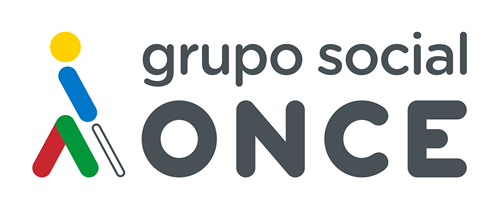- Inicio
- Presentación
- Colecciones propias
- Biblioteca Infantil
- Publicaciones Participadas
- Fuera de Colección
- Programa Operativo
- Memoria de Actividades
- Coleccion Tesis y Praxis
- Coleccion Letras Diferentes
- Coleccion Informes y Textos Legales
- Colección Accesibilidad
- Coleccion Nova Europa
- Coleccion Poliedro
- Coleccion Solidaridad
- Colección Por Talento
- Otras editoriales
- Biblioteca infantil
- Contacto
Encuentra lo que buscas entre más de 6.800 títulos
Enlaces de interés







